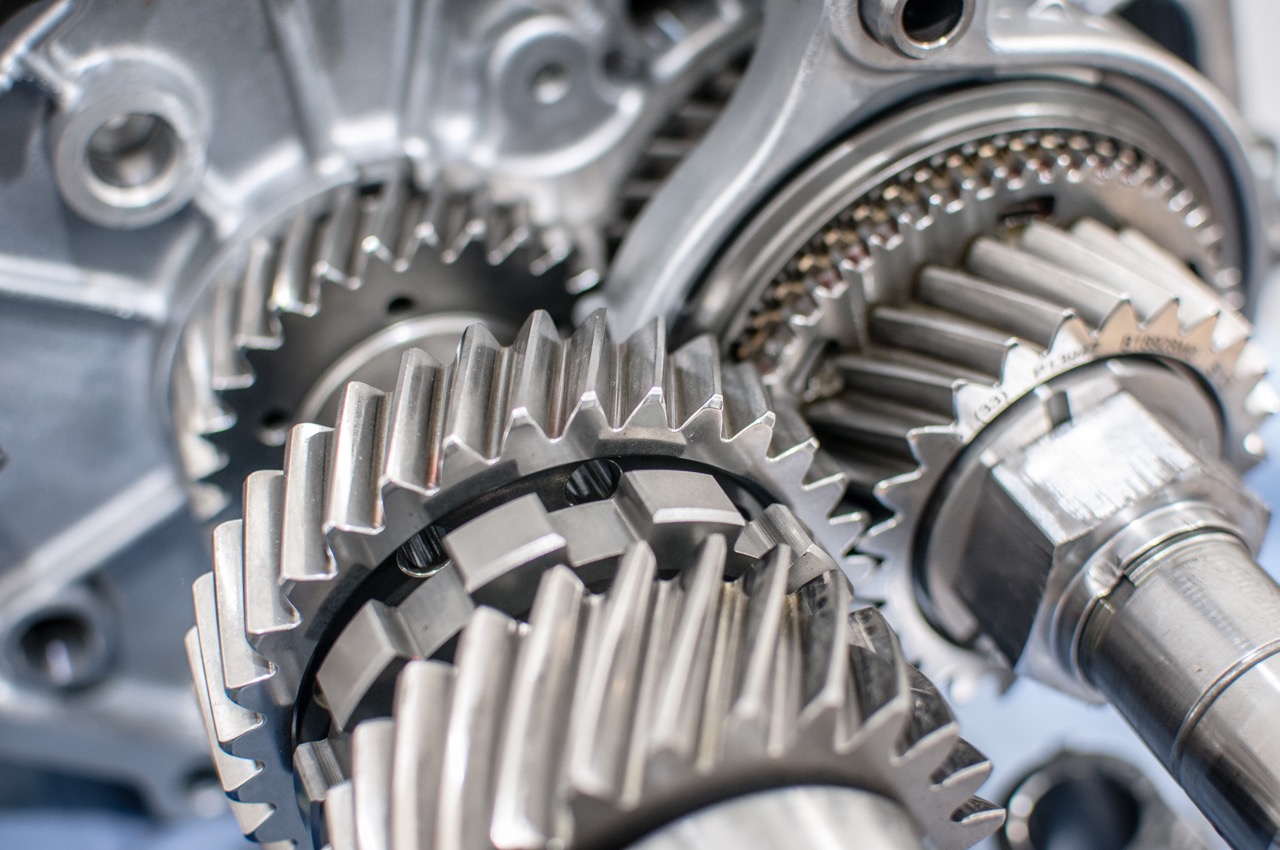
Your transmission is one of the most important parts of your car. It’s what converts the power from your engine into motion, and it can be a costly repair if it fails. That’s why it’s so important to take steps of preventative maintenance that keep your transmission running smoothly. In this blog post, we’ll talk about how to care for your transmission and prevent it from failing.
What Is the Transmission?
The transmission is a complex system of gears and fluids that work together to transfer the power from your engine to the wheels. The transmission has its own fluid that lubricates and cools the moving parts. Over time, this fluid can break down and cause damage to the transmission.
What Causes Transmission Failure?
The transmission is a complex system with tons of gears and other moving parts. If one part of that system starts to fail, it can throw the entire transmission out of working order.
There are a few things that can cause transmission failure:
- Low Transmission Fluid: The most common reason for failure is transmission fluid that has become contaminated or low. This can happen because of a leak, or simply because the fluid has broken down over time and needs to be replaced.
- Faulty Transmission Filter: The transmission filter keeps the fluid clean, and if it becomes clogged, it can cause the transmission to overheat or fail.
- Damaged Gears: The gears in the transmission can become damaged from wear and tear, or from a sudden impact (like running into a large pothole).
- Electrical Problems: The transmission is controlled by a complex network of electrical components, and if any of them fail, it can cause the transmission to malfunction.
How to Prevent Transmission Failure
There are a few things you can do, on your own, to prevent transmission failure:
- Check the transmission fluid level regularly and top it off if it’s low.
- If you notice any leaks, have them fixed as soon as possible.
- Be careful not to overheat the transmission by driving in stop-and-go traffic or towing a heavy load.
- If you hit a pothole or go over a speed bump, check the transmission for damage.
- Have the transmission flushed and the filter replaced every 30,000 miles or so.
Sometimes the right maintenance for your transmission can be complex. In times like these, it’s best to leave these services to the professional.
Here are several processes that a mechanic can do to help extend the life of your transmission:
- Flush the Transmission: This involves draining the transmission fluid and replacing it with fresh fluid.
- Replace the Transmission Filter: This will ensure that the transmission fluid is clean and not clogged with debris.
- Inspect the Transmission: A mechanic can check for wear and tear on the gears and other components, and replace any parts that are worn out.
- Add a Transmission Cooler: This will help keep the transmission from overheating, especially if you do a lot of towing.
What to Do If Your Transmission Fails
If your transmission does fail, you have a few options. You can have it rebuilt, which involves replacing any damaged parts and flushing the transmission fluid. You can also replace the transmission with a new or used one. Or, you can install a transmission cooler to help prevent the transmission from overheating and failing again.
If you’re having transmission problems, bring your vehicle to Addison Car Care. We’re experts at transmission repair, and we can help you get your car back on the road. Contact us today to schedule an appointment.
Related Posts
Key Takeaways On average, passenger vehicle tires last 40,000 to 60,000 miles, depending on type, driving habits, and maintenance. Replace tires when tread depth reaches 2/32”, if damaged, or older than 10 years. Regular rotation, alignment, and proper inflation extend tire life. Aggressive driving, poor roads, and harsh weather shorten tire lifespan. Take advantage [...]
When you think about car maintenance, you probably focus on oil changes, tire rotations, and maybe even brake pad replacement. But what about your brake fluid? If you’ve ever wondered, “What does brake fluid do?” or “Why is brake fluid important?”, you’re not alone. Brake fluid might not be the most talked-about part of [...]
Is that high-pitched squeal from your brakes driving you—and everyone else—crazy? Don’t ignore it. Squeaky brakes aren’t just annoying, they’re your car’s way of saying something needs attention. Whether you're cruising through Salt Lake City or winding up Idaho’s mountain passes, here’s what’s likely going on, how you can fix it, and when it [...]





